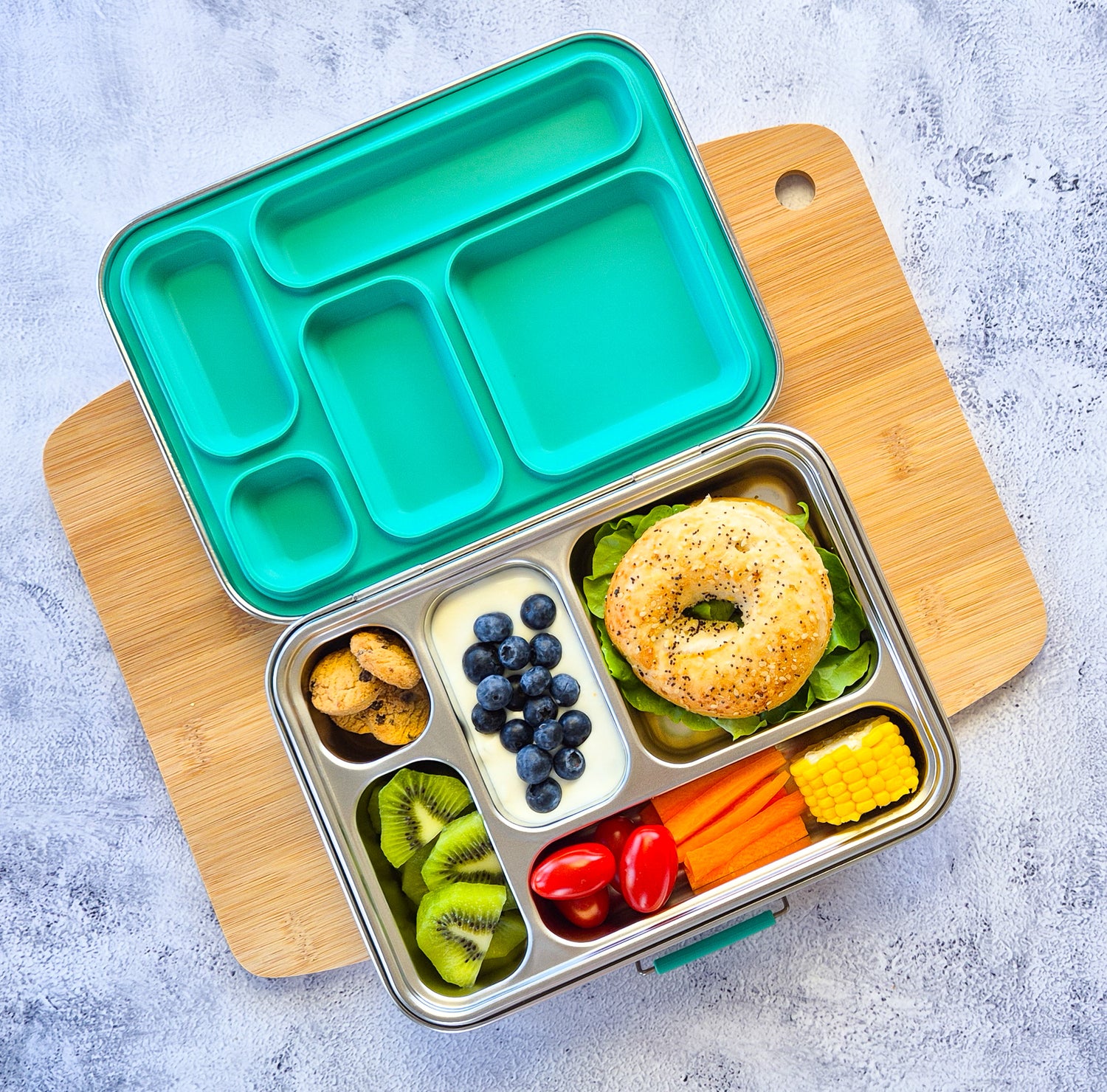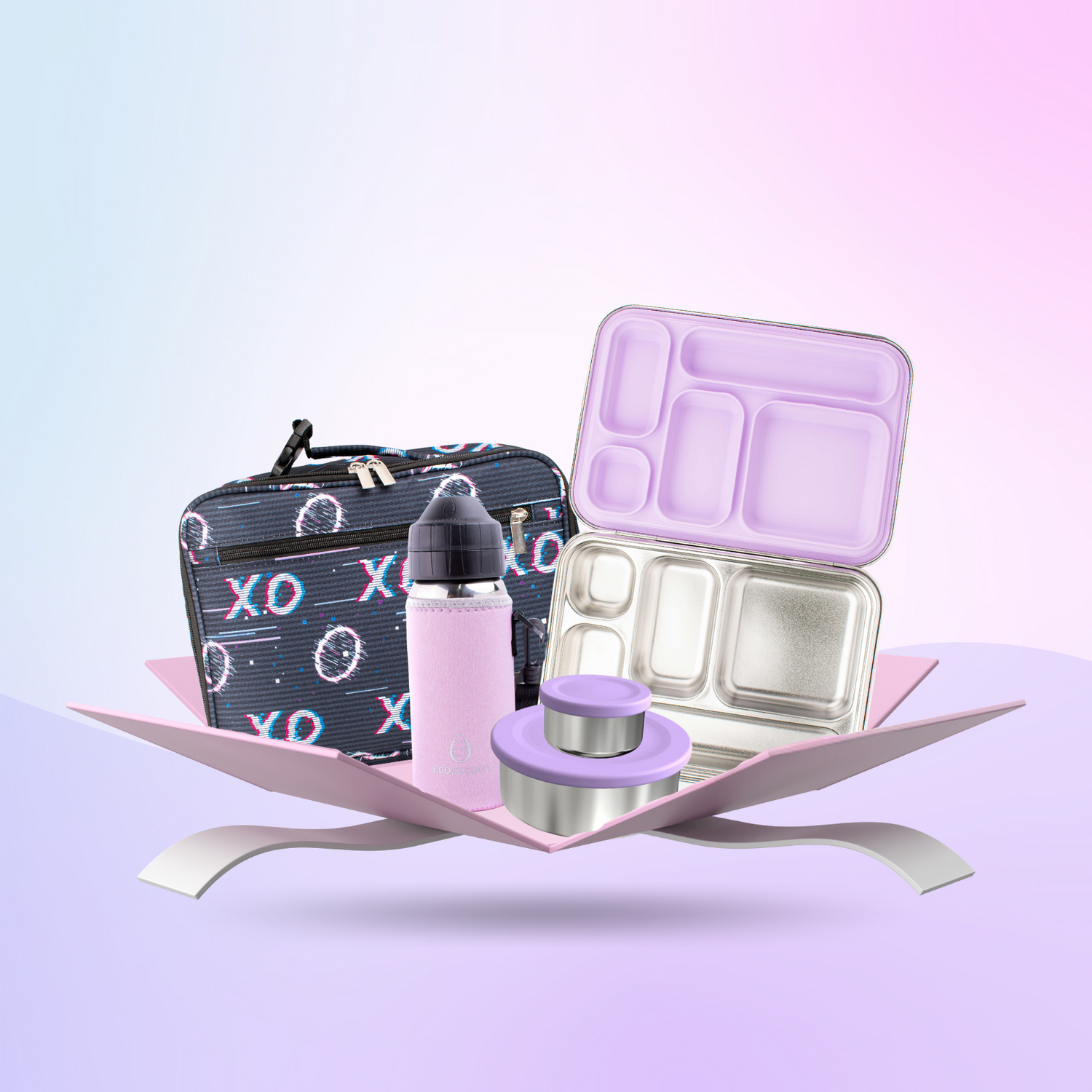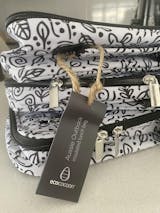We’ve all seen the term “BPA free” become commonplace in the world of bottled water. It won't sell if it’s not on the bottle, and sales drive investment. So it’s easy to understand why we’re curious about this term.
After all, most people have at least taken a sip from a plastic water bottle before. Even though they survived, they might not have known that it could be bad for our health—specifically, the chemical Bisphenol A or BPA.
This blog will talk about BPA, and why going BPA-free is the best, alongside sharing the top benefits of BPA-free water.
What Does It Mean To Be BPA-Free?
Bisphenol A is an industrial chemical that has made plastic and resin items for over 50 years. Polycarbonate plastics, and epoxy resins, among others, usually contain BPA. Since polycarbonate plastics and epoxy resins are used to make containers used to store food and beverages are so common, you likely use them regularly. This can include bottle tops, metal products and even water supply lines.
That said, going BPA-free essentially means avoiding products that have BPA involved where possible. Canned foods, for example, usually have a resin lining with BPA in them. When keeping away from BPA, polycarbonate plastics are another thing to watch out for. That's because when they're cleaned or used in a microwave, it will gradually lead them to break down over time. BPA can seep into beverages and food as a result.
Is BPA Harmful?
The short answer is yes. Exposure can lead to a lot of health issues. Plenty of research has come out that shows storage containers made with BPA may lead to it getting into the beverages or food it holds. BPA can lead fetuses, infants and children to have prostate gland issues or brain problems. According to some scientific evidence that's come out, children's behaviour could be impacted as well. Other research sees BPA as having a link to high blood pressure.
How Can BPA Exposure Be Limited?
- Don't use as many cans (avoid canned sodas, canned foods, etc.).
- Find alternative storage options for food.
- Keep packaging for beverages and food away from heat.
- Use BPA-free products only (check product labels).
Many people are under the impression that if they get a plastic water bottle without BPA, they've already done enough. In truth, that's not the best way to limit possible exposure to BPA. That's because a number of harmful chemicals can also be found in water bottles made with plastic.
An ideal route is to ditch plastic altogether. Glass bottles are an option, though they can have questionable durability in extreme temperatures. Also, if accidentally dropped, the damage is imminent, and it's possible to have bits of glass in the bottle even if it doesn't shatter.
On the other hand, stainless steel bottles are fantastic. They can handle any temperature and have good durability.
Conclusion
BPA is an industrial chemical that can lead to health problems like prostate gland issues when people are exposed to it. Water bottles are generally made with plastics that contain them; now, BPA-free options are available. However, it's best to avoid plastics altogether, favouring BPA-free food and drinks through stainless steel.
Were you trying to find a BPA free drink bottle in Australia? Shop at Ecococoon today! We’re the leading Australian brand for drinkware that’s 16/8 stainless steel.

















